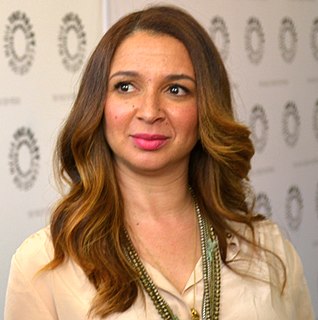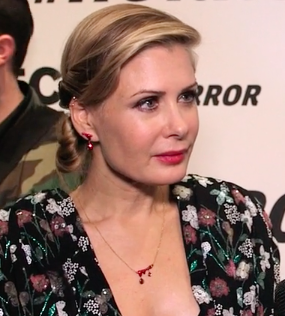A Quote by Susan Sarandon
It is important to have a woman editor. Movie is an industry where it is predominantly women. Male editors might cut out pauses that are interesting, while a woman might not be afraid of that pause. Trying to do a movie with an editor who is not funny is impossible. There are certain talents that go with certain genders.
Related Quotes
As an editor, you're constantly dealing with the best way to convey an exchange between two people. So when I'm shooting that, I'm just aware in the back of my head what an editor might want. And also, the problems editors run into when trying to edit performances - it helps me head that off at the pass a little.
If you look at most women's writing, women writers will describe women differently from the way male writers describe women. The details that go into a woman writer's description of a female character are, perhaps, a little more judgmental. They're looking for certain things, because they know what women do to look a certain way.
I think a lot of people have the idea of an editor being someone who comes in like a dictator, and says, "You can't have that scene." And it never is like that - or perhaps some editors are like that and they're assholes, and they're not good editors. A good editor actually says, "I respect you" and they understand that you have a vision and they're actually trying to help you realize it.
I always thought the editor should cut the film and so I'll come in and look at the movie. Just because that's the only way I can really see the ideas of the editor, it's really working together. Yes it's a hierarchy, yes I'm the boss, but I like to see and to think about the idea, and it's about us asking, 'do we have to say that?' and, 'how do we make it there?' So it's advising the editor, it's very give and take, it's very free, but in the end, it's wonderful once you get through the first couple of cuts.
If you look at most womens writing, women writers will describe women differently from the way male writers describe women. The details that go into a woman writers description of a female character are, perhaps, a little more judgmental. Theyre looking for certain things, because they know what women do to look a certain way.
What I wanted to do was put a woman of color, front and center, in my movie combining a lot of themes that were relevant to both men and women. I actively wanted her to carry the weight of this movie because I'm a woman. And I actively wanted to explore many of the issues that affected her as a woman of color. That was very important to me. And although these issues affect some women of color, I don't think they're only of interest to women of color. They're of universal interest.
I think it's really important that women support each other. I've heard of a very successful female director saying she doesn't identify as being a feminist or a woman in Hollywood. And I understand that, but I feel so differently. It's so important to identify as a woman and have a voice, to understand that it's different from a male voice, and to understand the nuances that go into that. I love women. I think I'm a girl's girl. It's super important that we have a voice in the industry.
I try not to think of myself as a woman filmmaker. I don't look for women influences. I have noticed in the past few years that there is a certain ceiling that a woman filmmaker can reach. I don't believe that it's sexism per se, but there are certain expectations in the industry about what films should be, how they should be made, what stories they should tell, and it's a habit, it's a tradition.
I don't believe in doing thousands of cuts, then giving it to the editor to make the movie. 'Dump-truck directing' is my reference to that style of moviemaking. You have to know how to cut before you can shoot well. The lack of definition in movies today is appalling. Very few people know how to mount a narrative anymore. If a scene works in one cut, you don't need 10. Or it might need 10. Let's not make it 20.
We women are callow fledglings as compared with the wise old birds who manipulate the political machinery, and we still hesitate to believe that a woman can fill certain positions in public life as competently and adequately as a man. For instance, it is certain that women do not want a woman for President. Nor would they have the slightest confidence in her ability to fulfill the functions of that office. Every woman who fails in a public position confirms this, but every woman who succeeds creates confidence.

































